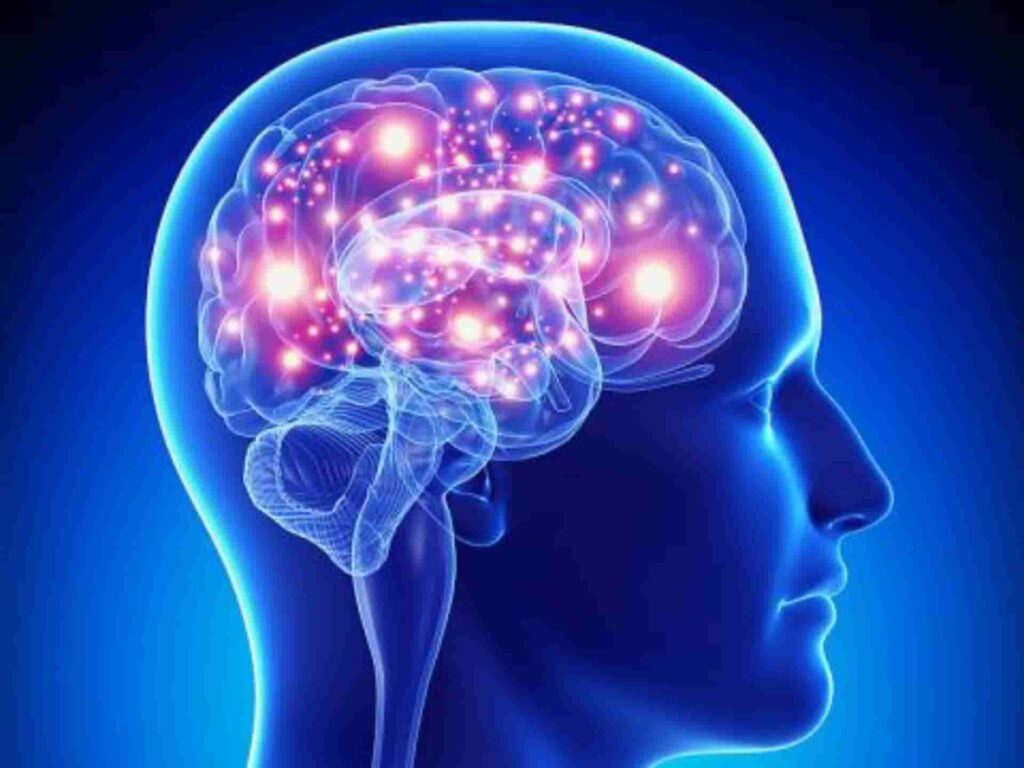Seizing Control: A Comprehensive Guide to Medical Marijuana and Seizure Disorders
Introduction
In the realm of alternative medicine, medical marijuana has emerged as a potential game-changer for individuals dealing with seizure disorders. As a medical professional deeply entrenched in the study of cannabis therapy, I am excited to guide you through the intricate landscape of medical marijuana and its role in managing seizures. Let’s embark on this informative journey and explore the promising avenues this natural remedy might offer.
Understanding Seizure Disorders
Before we dive into the potential benefits of medical marijuana, it’s crucial to comprehend the nature of seizure disorders. Epilepsy, characterized by recurrent seizures, is the most common form of such disorders. Seizures result from abnormal electrical activity in the brain, leading to a wide range of symptoms, from momentary confusion to violent convulsions.
The Endocannabinoid System and Seizures
The human body boasts a remarkable regulatory system known as the endocannabinoid system (ECS). This complex network of receptors plays a crucial role in maintaining balance and homeostasis throughout the body, including the brain. Research indicates that cannabinoids found in medical marijuana, particularly cannabidiol (CBD), interact with the ECS, potentially influencing the frequency and severity of seizures.
Benefits of Medical Marijuana for Seizure Disorders
- Seizure Frequency Reduction:
- Numerous studies have suggested that CBD, a non-psychoactive compound in marijuana, may significantly reduce the frequency and intensity of seizures in certain individuals.
- Neuroprotective Properties:
- CBD has demonstrated neuroprotective properties, shielding the brain from damage that can occur during seizures and potentially mitigating long-term cognitive impairment.
- Enhanced Medication Efficacy:
- Some patients find that incorporating medical marijuana into their treatment plan enhances the efficacy of traditional antiepileptic medications, leading to better seizure control.
- Improved Sleep Quality:
- Seizure disorders often disrupt sleep patterns. Certain strains of medical marijuana, particularly those with higher cannabidiol content, may help improve sleep quality and duration.
Choosing the Right Strain and Method of Consumption
- CBD vs. THC Dominance:
- CBD-dominant strains are often favored for seizure disorders due to their non-psychoactive nature. However, some individuals may benefit from a balanced CBD-to-THC ratio or even THC-dominant strains, depending on their specific needs and responses.
- Strain Selection:
- Sativa, indica, or hybrid? Each strain offers different effects, and individuals may need to experiment to find what works best for them. Sativa strains may provide daytime relief without sedation, while Indicas are known for their relaxing effects.
- Methods of Consumption:
- From tinctures and capsules to vaporization and edibles, the method of consumption can influence the onset and duration of effects. Start with low doses, monitor your response, and adjust accordingly.
Considerations and Precautions
- Consultation with Healthcare Provider:
- Before incorporating medical marijuana into your seizure disorder management plan, consult with a qualified healthcare provider. They can offer guidance based on your medical history, existing medications, and individual needs.
- Dosage Monitoring:
- Start with a low dose and monitor its effects. The optimal dosage varies from person to person, and adjustments may be necessary over time.
- Potential Side Effects:
- While medical marijuana is generally well-tolerated, some individuals may experience side effects such as fatigue, drowsiness, or changes in appetite. It’s crucial to be mindful of your body’s response.
Conclusion
As we navigate the landscape of medical marijuana and seizure disorders, it becomes evident that this natural remedy holds significant promise for individuals seeking alternative approaches to seizure management. The collaboration between cannabinoids and the endocannabinoid system offers a unique avenue for therapeutic intervention. However, as with any medical decision, it’s essential to engage in open communication with healthcare providers, ensuring a comprehensive and personalized approach to treatment. With the right guidance, medical marijuana has the potential to empower individuals with seizure disorders, providing new possibilities for a more controlled and fulfilling life.

Dr. Nicholas Marsh has been a respected board-certified anesthesiologist in Northern Virginia for over 35 years. Recognized as a top doctor by FindaTopDoc.com, his vision for providing top-quality medical services is driven by his passion for patient comfort and dignity.

